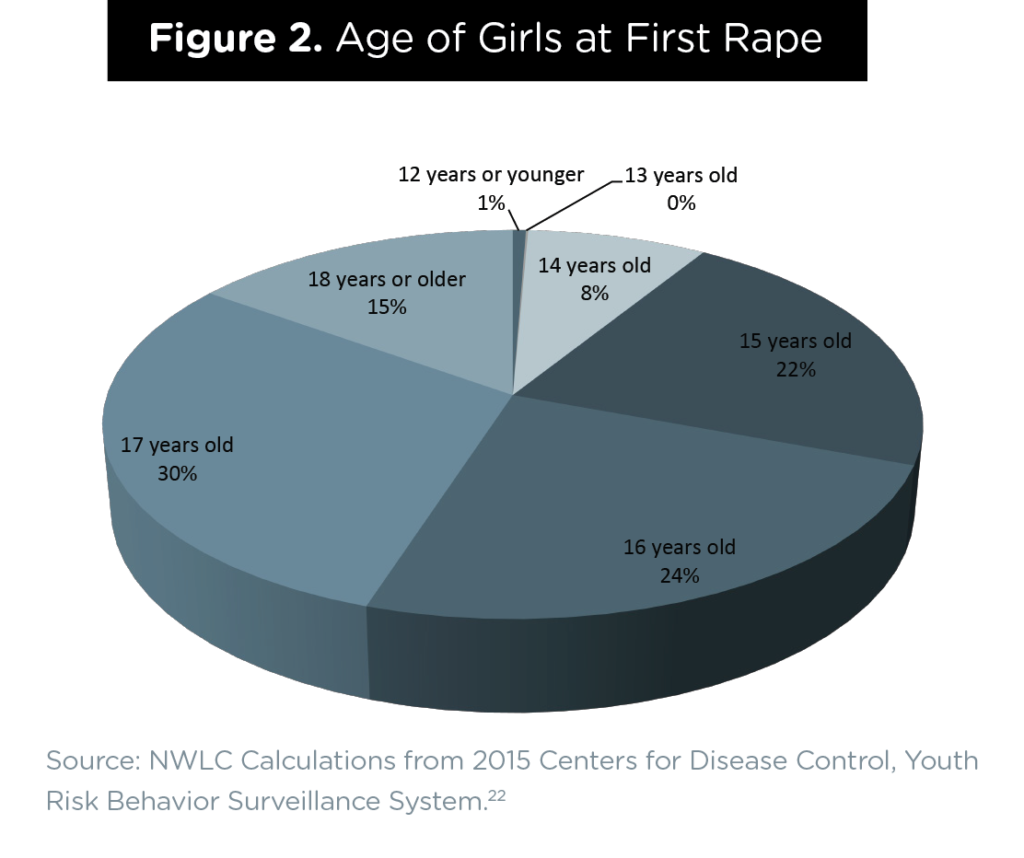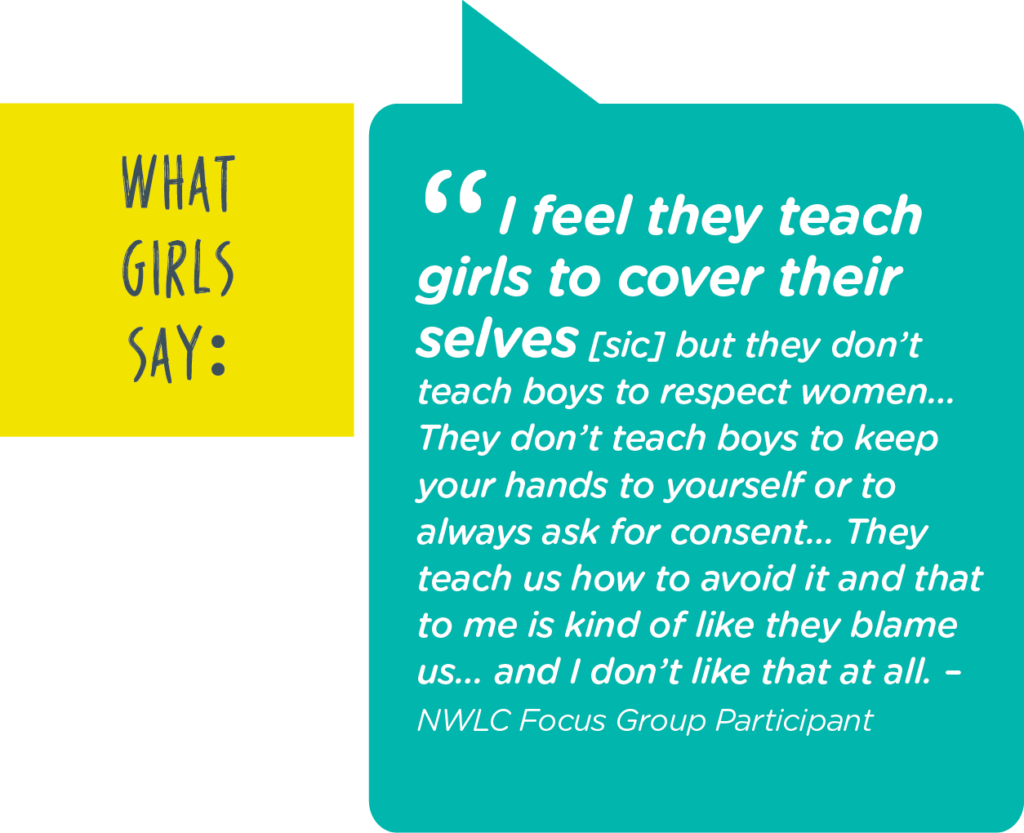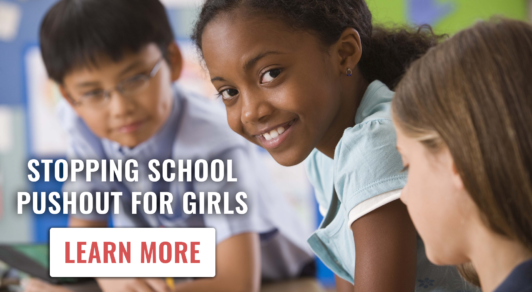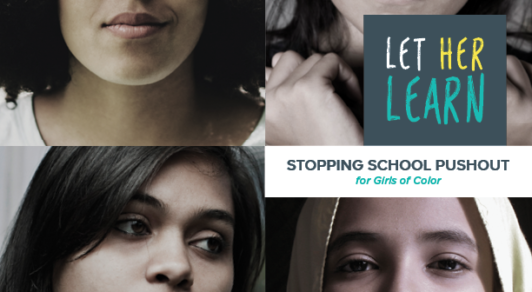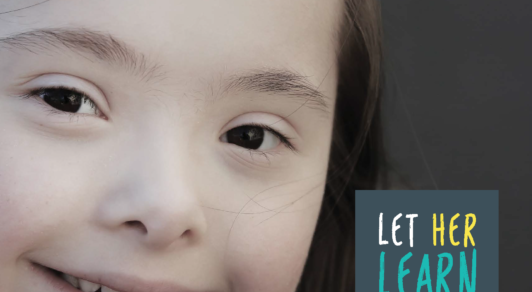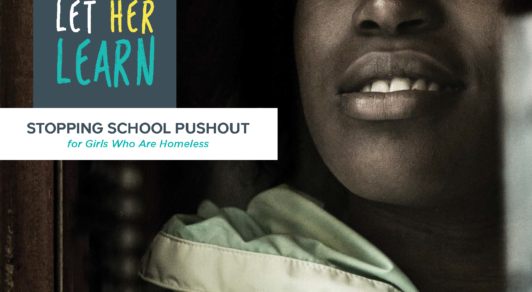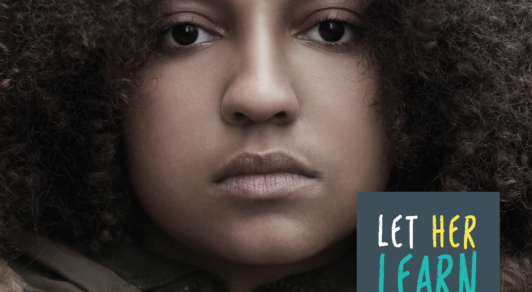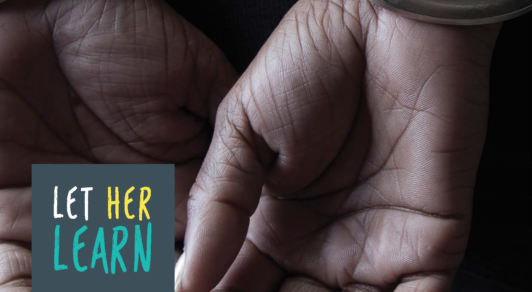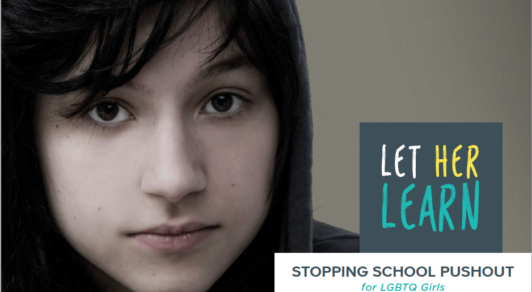Abortion rights, women of color, and LGBTQIA+ people are under attack. Pledge to join us in fighting for gender justice.
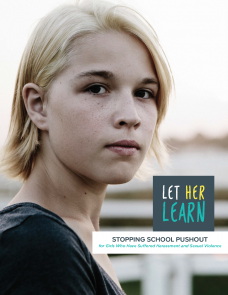 Sexual assault in colleges has received much-needed attention in recent years, but the sobering reality is that girls suffer harassment and sexual violence beginning at much younger ages. In the National Women’s Law Center’s 2017 Let Her Learn Survey (“Let Her Learn Survey”), 26 percent of Native American girls and 27 percent of girls who identify as LGBTQ reported being harassed since
Sexual assault in colleges has received much-needed attention in recent years, but the sobering reality is that girls suffer harassment and sexual violence beginning at much younger ages. In the National Women’s Law Center’s 2017 Let Her Learn Survey (“Let Her Learn Survey”), 26 percent of Native American girls and 27 percent of girls who identify as LGBTQ reported being harassed since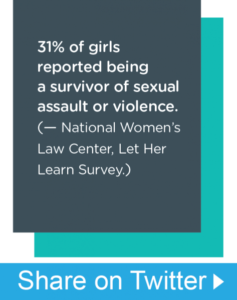 the election. With respect to sexual assault, more than 1 in 5 girls (21 percent) ages 14 to 18 reported that they had been kissed or touched without their consent, with LGBTQ girls even more likely to report that they had been assaulted in this way. And across the country, girls, and Black girls in particular, are being bought and sold as victims of domestic sex trafficking. Not surprisingly, girls who suffer these forms of trauma are more likely to have serious behavioral, emotional and health problems. They also face barriers to succeeding in school. However, little attention has been paid to how such trauma affects their educational experiences and so their educational needs are often left unaddressed.
the election. With respect to sexual assault, more than 1 in 5 girls (21 percent) ages 14 to 18 reported that they had been kissed or touched without their consent, with LGBTQ girls even more likely to report that they had been assaulted in this way. And across the country, girls, and Black girls in particular, are being bought and sold as victims of domestic sex trafficking. Not surprisingly, girls who suffer these forms of trauma are more likely to have serious behavioral, emotional and health problems. They also face barriers to succeeding in school. However, little attention has been paid to how such trauma affects their educational experiences and so their educational needs are often left unaddressed.
